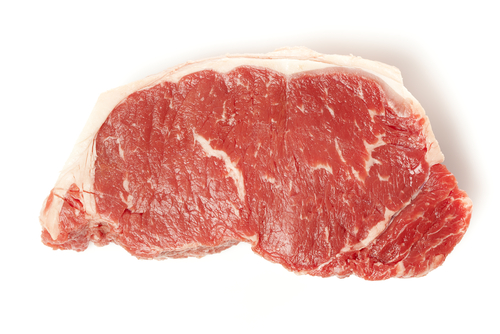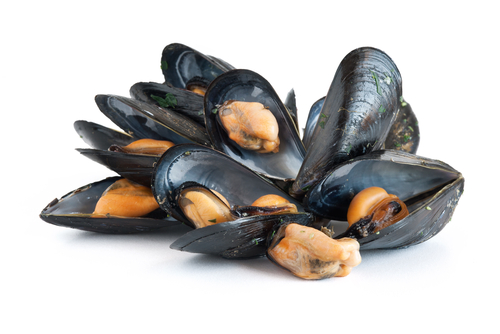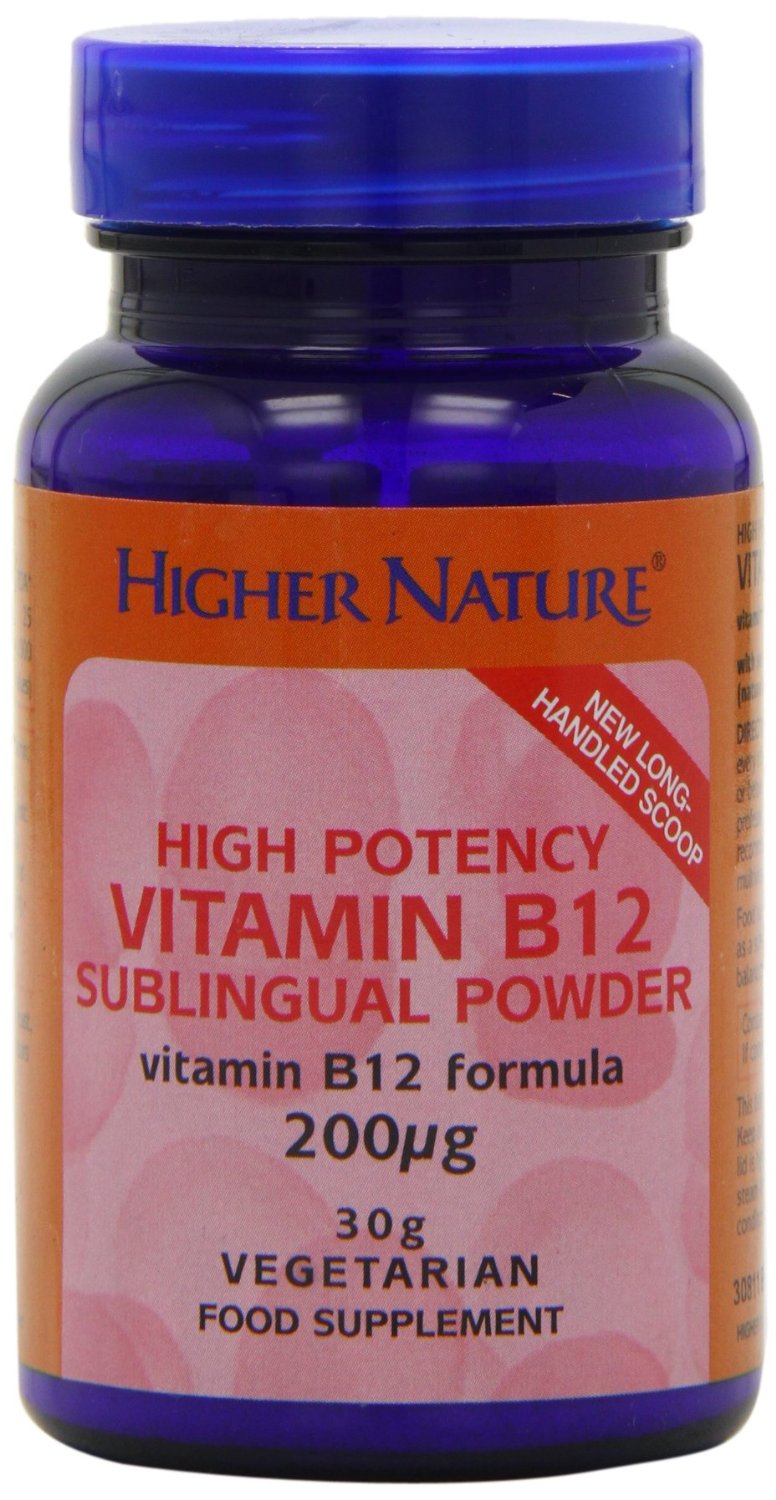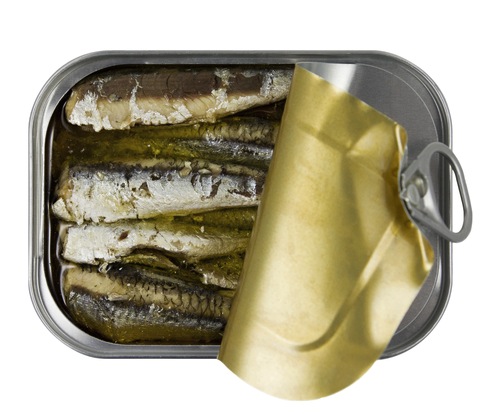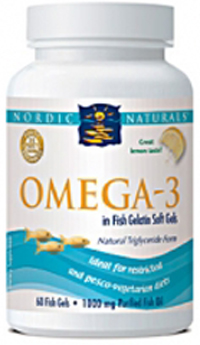Ever wonder whether your diet contains the right nutrients? These five key vitamins are essential to the health of women in their 30s and 40s – here’s a guide to getting them
VITAMIN D
Why you need it ‘Vitamin D is important for calcium absorption and new research has linked it to the prevention of heart disease, diabetes and some cancers such as breast and pancreatic,’ says leading clinical dietician Dr Sarah Schenker.
Where to get it There is no recommended daily allowance (RDA) as its assumed we get adequate amounts from sunlight. ‘But in England during the winter months, the sun is too low to provide vitamin D so deficiency is common,’ says Dr Schenker. ‘At least one portion of oily fish a week and eating fortified margarine will increase your levels, but the best source is sunlight on the skin.’ If you expose your face and forearms to 20 minutes a day of sunlight in summer months, you should make enough for winter as vitamin D is stored by the body.
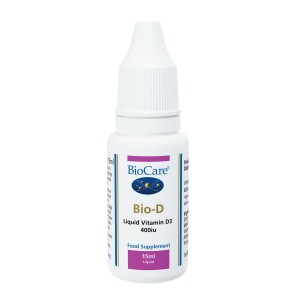
Try Biocare Vitamin D drops, £11.20
Medic says ‘Vitamin D supplements may interact with certain antacid and heart medications,’ says Dr James McLay, senior lecturer in medicine at the University of Aberdeen. ‘Speak to your doctor before taking it.’ Next Tuesday, Healthista has a Vitamin D special report from dietician Claire Donnelly.
CALCIUM
Why you need it Your body’s most abundant mineral, calcium is the big noise in key processes such as muscle and immune function, nerve signals and hormone secretion – along with bone health. ‘Not having enough dietary sources of calcium means the body leeches what it needs from bones,’ says Dr Schenker. This is bad news as bones begin to become softer and weaker after the age of 30.
Where to get it ‘Calcium in dairy is more easily absorbed than it is from green leafy vegetables,’ says Dr Schenker. We only absorb about two per cent from spinach whereas from dairy, we get about 40 per cent. Your RDA is 1000 milligrams and this can be got from having milk on your cereal, one small tub of yoghurt and a cube of cheese (low fat is fine). Vegans can get calcium from soy products as well as beans and pulses.
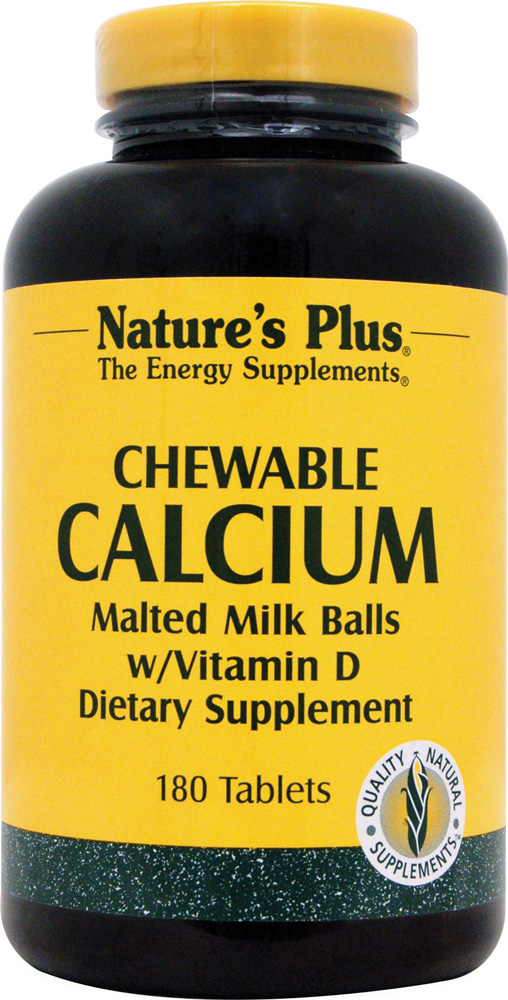
Try Nature’s Plus Chewable Calcium, £19.99
Medic says ‘If osteoporosis runs in your family or you have a history of eating disorders, talk to your doctor about having a bone density scan that could confirm whether you need to take more calcium,’ says Dr McLay.
IRON
Why you need it Up to half of British women are deficient in this crucial mineral which makes haemoglobin that carries blood around the body. Deficiencies lead to tiredness, memory problems, lowered resistance to infection and anaemia.
Where to get it Beef, lamb, game meats and pork are rich in haem iron which is instantly absorbed, says Dr Schenker. But sources such as beans, pulses, leafy vegetables and eggs contain non-haem iron that needs vitamin C eaten with it for absorption. ‘Scrambled eggs and wholegrain toast will both contain non-haem iron and if they are eaten with vitamin C-rich orange juice the meal will provide about three milligrams of iron.’ Premenopausal women need 14.8 milligrams a day and post-menopausal women need 8.7 milligrams. While one portion of calf’s, lamb’s or chicken liver gives you 10 milligrams of iron a – perhaps more palatable – bowl of beef chilli with brown rice would provide about four mg.
Could I need more? Anyone with heavy periods and those that don’t eat red meat might be at risk of deficiency. ‘If you had heavy periods but are now menopausal, you might still need iron as your stores may have become depleted, explains Dr Schenker. ‘Constant tiredness is the most obvious symptom,’ she says. Your doctor can check your iron levels. Ferrous iron is the best form for deficiencies and can be bought over the counter but it can cause constipation so keep your water intake and dietary fibre up, she advises.
Medic says ‘Iron supplements can lower the effectiveness of some antibiotics, blood pressure and thyroid medications so have a test before taking them,’ says Dr McLay.
VITAMIN B12
Why you need it For healthy blood cells plus increasingly, research is showing B12 could prevent cognitive decline. A recent US study found older people with vitamin B12 deficiency were more likely to experience problems with their thinking as they got older.
Where to get it Super-rich sources include shellfish and – yet again! – oily fish but according to Dr Schenker, getting enough isn’t hard. The RDA for B12 is 1.5 milligrams yet one serve of mussels packs a whopping 22mg (don’t worry you pee the excess out). ‘A prawn salad, one serve of any meat, two boiled eggs or a bowl of fortified cereal should provide your daily B12 needs,’ says Dr Schenker.
Could I need more? Vegans are the most likely to be deficient, says Dr Schenker. But B12 relies on a substance called Intrinsic Factor, made in the stomach that drops off as we get older, so deficiencies may increase with age, says Dr Schenker. Tiredness, constipation or tingling hands and feet might signal your stores are low.
Try Higher Nature B12 Sublingual powder, £7.90
Medic says ‘There are no obvious drug interactions with vitamin B12,’ says Dr McLay. ‘B12 injections may be beneficial only if your doctor has diagnosed a deficiency and prescribed them’.
OMEGA-3s
Why you need them Omega-3 fatty acids are so hyped because our bodies can’t make them, yet they’re essential to brain function, heart health, memory and according to some studies the prevention of cancer and arthritis – so we need to get them from food or a supplement.
Where to get them ‘The beneficial forms of omega-3s are the ‘long-chain’ variety and these come from substances called EPA and DHA,’ says Dr Schenker. ‘The best way to get these is to have at least one portion – and up to four – of oily, cold water fish such as salmon, mackerel, halibut, sardines, tuna and herring as they are not found in vegetable sources.’ Although it’s now added to foods such as yoghurt drinks, fish fingers and eggs, if you don’t eat oily fish you may need a supplement. ‘If you would prefer not to take a tablet daily, you could eat omega-3 fortified foods and take a supplement every other day,’ says Dr Schenker.
Could I need more? ‘If you avoid oily fish and opt for a fish oil supplement, look on the label for one that contains around 800-1000 mg each of DHA and EPA,’ says Dr Schenker. ‘If you don’t want to take an animal-derived supplement, algae supplements also contain well-absorbed omega-3s.’
Try Nordic Naturals Arctic Omega, £22.95
Medic says ‘As omega-3 supplments thin the blood they may increase your risk of bleeding if you are also taking aspirin, warfarin or ‘anti-coagulant’ drugs,’ says Dr McLay. ‘If you are taking diabetes medications to lower your blood sugar speak to your doctor as these may interact with omega-3s.’
Like this article? Sign up to our newsletter to get more articles like this delivered straight to your inbox.





